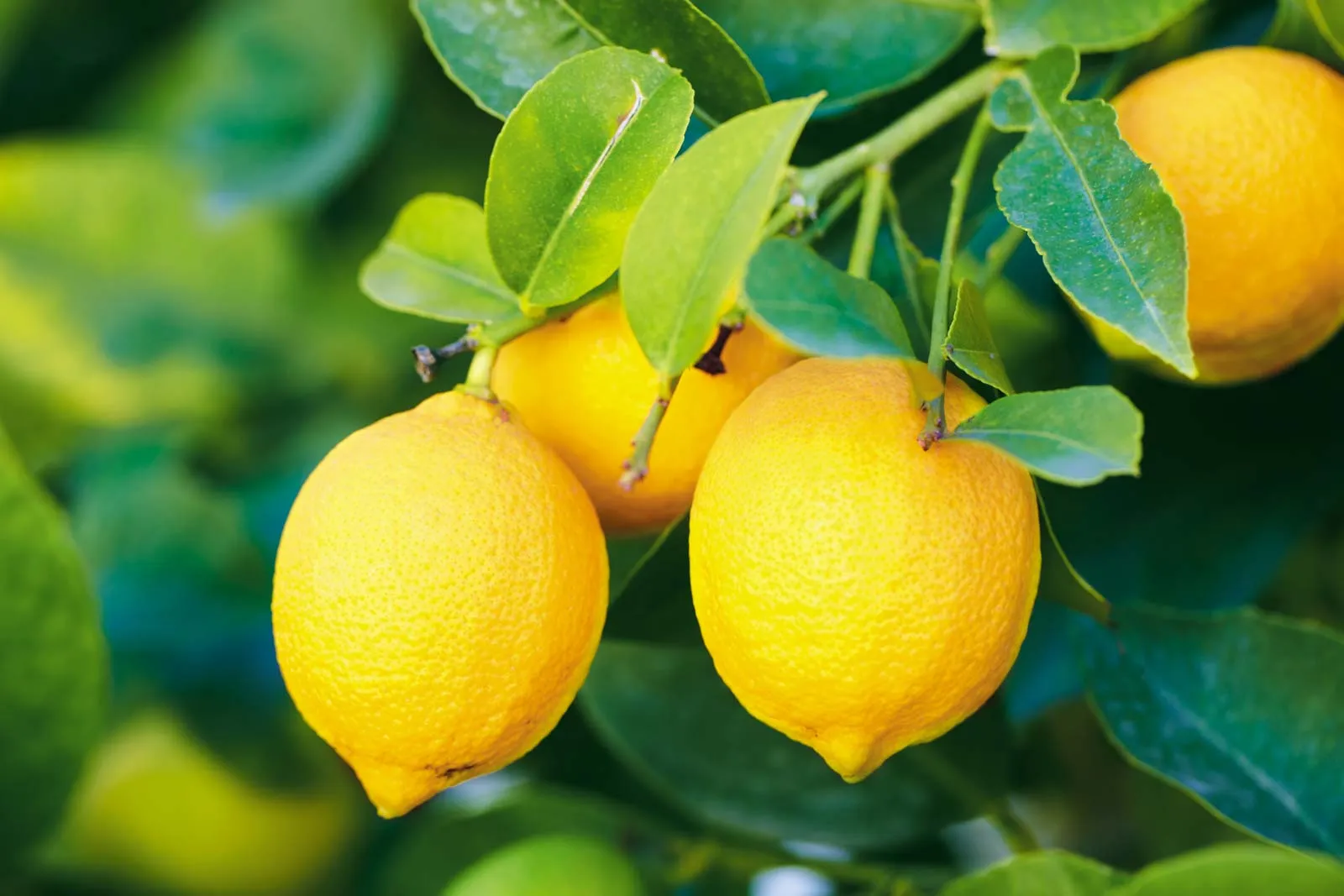Bees for Development Ghana (BfDG) has launched a new project called Beekeepers Restore the Forests of Afram Plains in Donkorkrom.
The aim of the project is to create thriving rural communities across the Afram Plains where women and men earn stable incomes by safeguarding and restoring biodiversity in forested landscapes and sustainably managing native honey bee populations.
The project hopes to assist beekeepers in Afram Plains to grow trees and prevent perennial and indiscriminate bushfires in the area in order to improve the nectar sources for honey bees. This will eventually lead to sustainable livelihoods, less reliance on the charcoal trade, reversal of forest degradation, and regrowth of scarce tree species.
As part of this project, BfDG is collaborating with the Ghana National Fire Services to train beekeepers on wildfire response and fire management across at least 20 communities in Afram Plains.
Wildfire [bushfire] is a perennial phenomenon in the Afram Plains and has destroyed many properties [farms and forests] over the years.
Beekeepers are expected to plant and protect the diverse selection of indigenous trees with an economic value around their apiaries, on their farmlands, on land granted for this purpose by traditional authorities, in buffer zones between communities and forest/wildlife reserves, and on reserves – working closely with the Forestry Commission of Ghana.
It is also expected that people understand the negative impact of charcoal production on honey production and the advantages of beekeeping as a sustainable livelihood activity.
Speaking during the launch of the project, the District Manager of the Forestry Services Division of the Forestry Commission said Ghana has lost a substantial amount of her forested areas due to anthropogenic factors. He said Ghana used to have over 10 million hectares of land under forests, but the country currently has less than one million hectares of forested land.
Read also: 8 types of honey bees and how to identify each
Brief Background to the Project
In 2016, Bees for Development Ghana and their parent organisation Bees for Development (BfD) based in the UK completed a scoping study to investigate the feasibility of a project to empower honey hunters living on the fringes of Digya National Park to start beekeeping.
At the time, rangers of the Wildlife Division of the Forestry Commission were regularly having conflicts with honey hunters trespassing into protected areas to harvest honey from honey bee colonies in trees using destructive methods.
The team found abundant wild honey bee populations with access to diverse forage, low levels of environmental pollution, and that many local people were familiar with bees and had an interest to learn more about beekeeping.
The team concluded that there was real potential for developing beekeeping as a major contributor to local livelihoods in the communities on the fringes of the Digya National Park.
In 2019, BfDG delivered practical workshops on making low-cost hives, empowering aspiring beekeepers to build their own productive capital in a scalable way. The number of attendees kept growing since then, and so has the number of hives made, sited, and occupied by honey bee colonies.
Having managed beekeeping projects across tropical Africa for over three decades, our partner [BfD] in the UK indicates they have never witnessed such rapid, successful, and self-seeding uptake.
They have been receiving requests from more communities for training, and the number of beekeepers enrolling in our training programmes has been growing ever since. So far, over 900 people across 35 communities have attended our beekeeping training workshops, and about half of this number have completed the full training from hive making to harvesting and processing of honeycombs.
As the number of beekeepers and their harvests kept growing, BfDG started to plan how they could support them to find reliable bulk buyers. They realised that none of the local traders have the capacity to deal with the supply building up.
They, therefore, began to develop a social enterprise model [Honey and Beeswax Processing Centre] with a view to organise beekeepers into supply chains, leading to a central processing and trading facility based in the local town of Donkorkrom.
A key component of this social enterprise is a traceability system that enables us to purchase honeycombs direct from beekeepers without the need for [risks] cash advances and to achieve centralised processing economies of scale and quality control.
In early 2022, they began the construction of the Honey and Beeswax Processing Centre in Donkorkrom and the design and development of a traceability and quality control system, hosted on a free and open-source data management platform.
In May 2022, they ran the first trial season of this Mobile Honey System, purchasing one tonne of honeycombs from 35 beekeepers and testing out the processing equipment.
Since then, the centre has purchased and processed over five tonnes of honeycombs. They currently sell the honey to discerning consumers in Ghana and the [highly sought] agrotoxin-residue-free beeswax to export agents.
Bees for Development Ghana will continue offering beekeeping training workshops while looking forward to completing the processing facilities and building marketing capacity. Meanwhile, the now fully established beekeepers are asking for additional support; they want to safeguard the natural resources on which their beekeeping activities rely.
Beekeepers, charcoal, and bush fires
Over the years, several people have lost apiaries to bush fires, others have had them damaged by charcoal producers operating illegally, and many have lost stocks of bees through absconding after nearby plots were cleared for farming and logging activities by timber merchants. This needs to be addressed to protect these vulnerable people.
Recently, they spoke with beekeepers who tell them they are giving up commercial charcoal making because they have seen so many bees foraging on the West African copal tree (Daniellia oliveri) and shea (Vitellaria paradoxa), which they used to burn for charcoal.
This shows how after a few seasons of keeping bees, people see new value in trees left standing and want to do something to protect the habitat their bees need. This echoes findings from research in Brazil, Ethiopia, Madagascar, and Zambia that show the role of beekeepers as forest guardians.
Based on this background, the project Beekeepers Restore the Forests of Afram Plains has been launched to restore the already degraded forests in the area and protect them from bushfires [wildfires].
Read also: Honey bees use animal faeces as a tool to defend colonies against attack by giant hornets
Key partners for the project
Key stakeholders and partners including the Ghana National Fire Service, Forestry Services Division of Forestry Commission, Afram Plains Development Organisation, Wildlife Division of Forestry Commission, Agriculture Department, and the Kwahu Afram Plains North Assembly were all present during the project launch.
There was a series of presentations from the key partners as part of the launch leading to interesting discussions and questions on how the project will help the local people and other related benefits.
All stakeholders were excited about the project and are willing to commit themselves to support and ensure that the objectives of the project are achieved.
The District Chief Executive who was the chairperson for the programme was pleased about the achievements of BfDG so far and spoke passionately about how our presence in the Afram Plains is impacting his people and the environment and also pledged his full support.
Read also: Building resilience in women entrepreneurs
This project recognises a strong synergy between conservation and livelihoods, but we are approaching the challenge in reverse. We have first demonstrated the success of beekeeping livelihoods and are now investing in conservation; the logic between habitat and income is already evident to community members.
The income stream is proven, now beekeepers need support to safeguard and enrich the natural systems which underpin this income stream. This project will allow us to deliver a complete approach to excellent beekeeping development, value chain development, and biodiversity protection.
The project will also enable us to build valuable and lasting partnerships with the Forestry Commission of Ghana, the Ghana National Fire Services, and the Afram Plains Development Organisation – all of whom are supportive and ready to collaborate and deliver towards the shared goals.
Watch the space for updates on this project in our subsequent blogs.
















